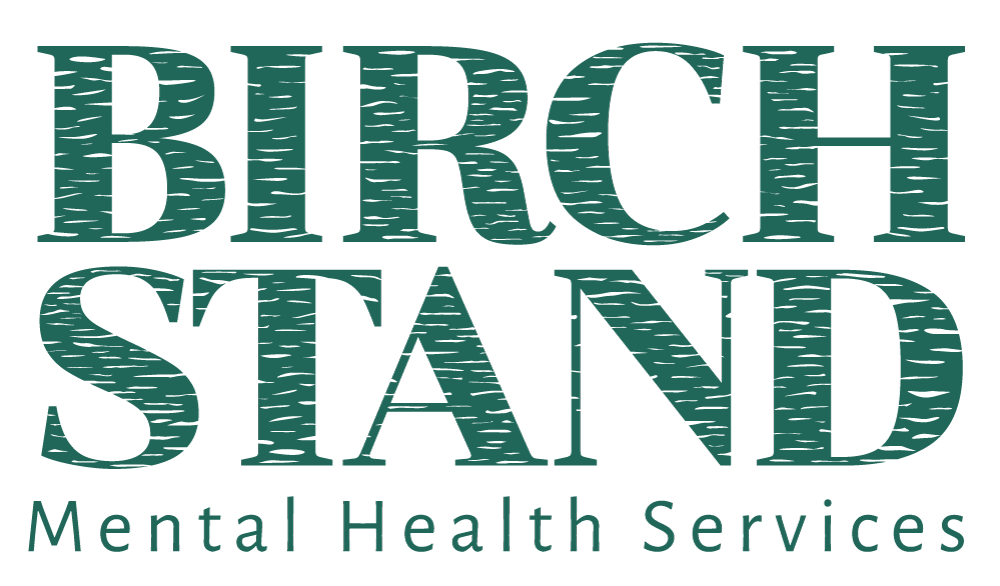Individual Therapy
I provide individual therapy sessions for folks aged 19+. At this time, I do not provide couples counselling, family counselling, or counselling for children or youth.
You must be living in either Nova Scotia, New Brunswick, or Ontario to access services.
Standard 50-minute sessions are $175. Many health insurance plans cover psychological services provided by a MSW social worker; please check with your insurance provider.
There are many reasons that bring folks to therapy: relationship breakdown, stress, coping with medical illness, various mental health issues, and more. Wanting to speak with a therapist is a reason as good as any to book an appointment. I’m happy to help you with whatever issues you’re hoping to process or work through with a therapist; however, I do prioritize clients seeking support in my areas of specializations (disordered eating, anxiety related disorders, depressive disorders, and grief, including death and bereavement).
Get more of your questions answered by heading over to the FAQ page
WPATH Assessments
I am a WPATH trained clinician and am able to complete Trans Health Readiness Assessments and letters of support for Gender Affirming Surgeries. I am able to provide this service to adult individuals living in Nova Scotia. The regular fee for this service is $225 which includes session, documentation, and system navigation time.
During the 60-80 minute assessment, you may be asked questions about your journey to affirming your gender identity, your mental and medical health history, what supports you have in place, and what medically transitioning may look like for you. By no means am I looking for a particular narrative as I don’t believe there is a “correct way” to transition. At the end of the assessment, I will assess your readiness and you will be provided a letter within 2-weeks time for masculinizing or feminizing top or bottom surgery you are looking to complete. To learn more about trans health hormone readiness assessments, please click here to read through prideHealth’s overview. You can click here to learn what gender affirming surgeries MSI will cover. If you have any further questions about the assessment, please do not hesitate to contact me.
If finances are a barrier for you: please contact me to inquire about my sliding scale availability. You can also access this service provided by MSI through the health authority/prideHealth (though there is an extensive waitlist at this time). Occasionally, there are organizations/clinicians in the community that offer this service for free. Please contact me for assistance in navigating resources.
Areas of Specialty
Disordered Eating (eating/food/body concerns)
You may be looking for support with food, eating, or your body if you’re struggling with:
- restriction: meal skipping, calorie counting, “portion control”, cutting out food groups e.g. no carbs, food rules, forbidden foods
- purging: behaviours that compensate for food eaten such as self-induced vomiting, laxative use, diuretics, excessive or compulsive exercise, insulin omission (type 1 diabetes clients)
- bingeing: eating an amount of food that is definitely larger than what most people would eat in a similar period of time under similar circumstance. Usually accompanied by feeling out-of-control when eating, shame, uncomfortable/painful fullness.
- overeating: eating past the point of fullness or dis-inhibited eating
- emotional eating: feeling like you frequently use food to cope with difficult emotions
- fear of weight gain
- feeling “addicted” to food
- yo-yo/chronic dieting or weight cycling
- poor body image, low self-esteem
- weight stigma or discrimination

Grief and Loss
Grief is a psychological reaction to a loss. Examples of grief can include:
- pregnancy loss
- infertility
- separation or divorce
- relationship break-ups (romantic or friendship)
- death of a person, family member, or friend (bereavement)
- death of a pet
- illness, injury, or disability
- job loss
- moving

Low mood (or depression)
You feel like a dark fog hangs over you and daily tasks or situations feel like a mountain to climb. Feelings like shame and guilt often live in your spirit and you just want things to not feel so hard. Depression can look like:
- low/depressed mood
- loneliness
- withdrawing/isolating from others
- loss of interest in activities or hobbies
- tearfulness
- apathy
- self-harm
- thoughts of suicide
- changes with appetite or sleep
- using substances to cope

Anxious mood (anxiety related disorders)
Your body is in a constant heightened and activated state. You’re stressed out, consumed with anxious thoughts, and can’t concentrate. Survival mode is no longer serving you and you want to feel more calm and at peace with your life. Anxiety can look like:
- anxious thinking (racing or ruminative thoughts)
- excessive worry
- panic attacks
- somatic discomfort (digestive issues, nausea, headaches, chronic pain)
- feeling overwhelmed, stressed
- irritability
- feeling out-of-breath, jittery, fidgety, increased heart rate
- changes with appetite or sleep
- using substances to cope

Ready for the next step?
Photography credit: Unspalsh.com (pizza- Chad Montano, Sonogram- Jonathan Sanchez, Fog- Jay Mantri, Pink water- Harli Marten).
